Poetry Corner: Harry was a Bolshie (The Ballad of Harry Pollitt)

Harry was a Bolshie (The Ballad of Harry Pollitt).
Taken from ‘A Socialist Songbook’ published by Harrow Young Communist League, 17th February 1977.
Poetry Corner: A Worker Reads History by Bertolt Brecht
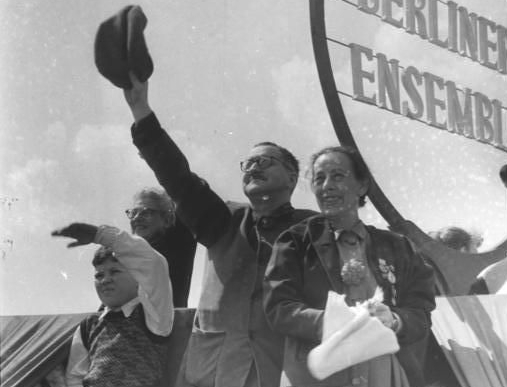
A Worker Reads History by Bertolt Brecht.
Bertolt Brecht is an eternal darling of leftist lovers of poetry. As a young man, Brecht discovered Marxism in the process of looking for methods to politicise his artistic aesthetic. Brecht’s work is thus built on historicism and critique of established institutions, as well as the various myths surrounding these institutions.
This artistic methodology of Brecht is best seen in his poem A Worker Reads History. Here, Brecht recounts centuries of historical events, which he exaggerates in order to emphasise the place of the Worker. Brecht shows the historical events as impermanent and transitory, with one constant: mighty buildings and great men change, but cooks and builders remain. The poem contains little description – as most of Brecht’s work, it is intended to alienate the reader and put them outside of the described events so that the reader can adopt a critical attitude.
Poetry Corner: Conversation with Comrade Lenin by Vladimir Mayakovsky
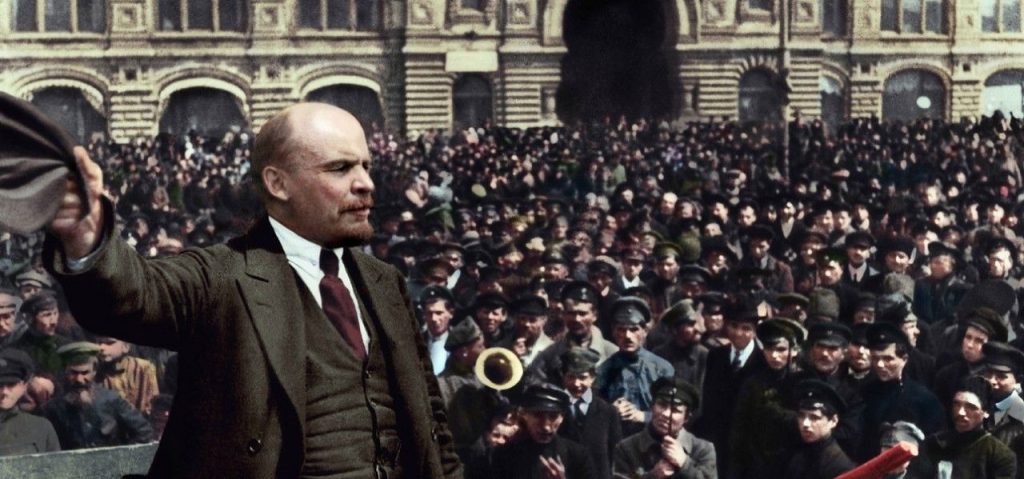
Conversation with Comrade Lenin by Vladimir Mayakovsky, 1929
Vladimir Mayakovsky (1893-1930) was a Bolshevik revolutionary and came to be one of the most celebrated communist poets in the Soviet Union and internationally. He was also a talented playwright, artist and actor who used art as a medium to convey the politics and ideals of the new socialist state.
Poetry Corner: The Carpet Weavers of Kuyan-Bulak Honour Lenin by Bertolt Brecht
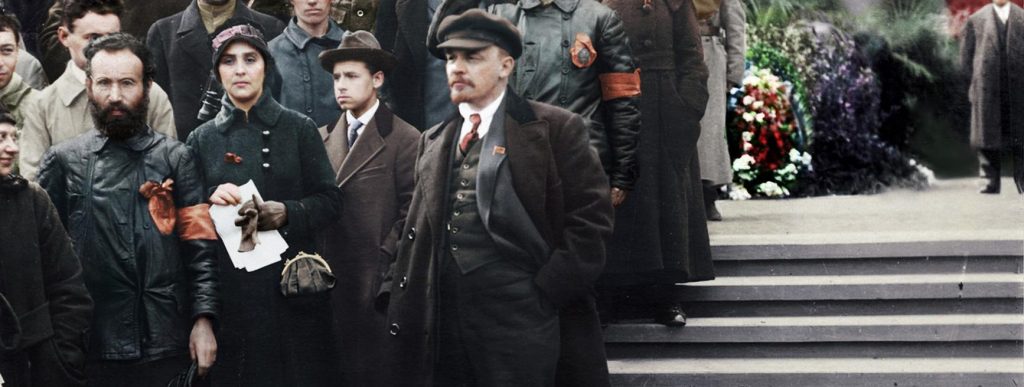
The Carpet Weavers of Kuyan-Bulak Honour Lenin by Bertolt Brecht
Bertolt Brecht was a German Marxist poet, playwright and theatre director. Brecht lived through a turbulent era. Narrowly avoiding conscription at 16 during World War One, he worked prodigiously through throughout the period of the Weimar Republic. Brecht was forced to flee with the rise of the Nazis in 1933. He left the USA during the McCarthyite “Red Scare” returning to what was then the German Democratic Republic. He died on the 14th of August 1956.
Poetry Corner: Ballads of Lenin by Langston Hughes
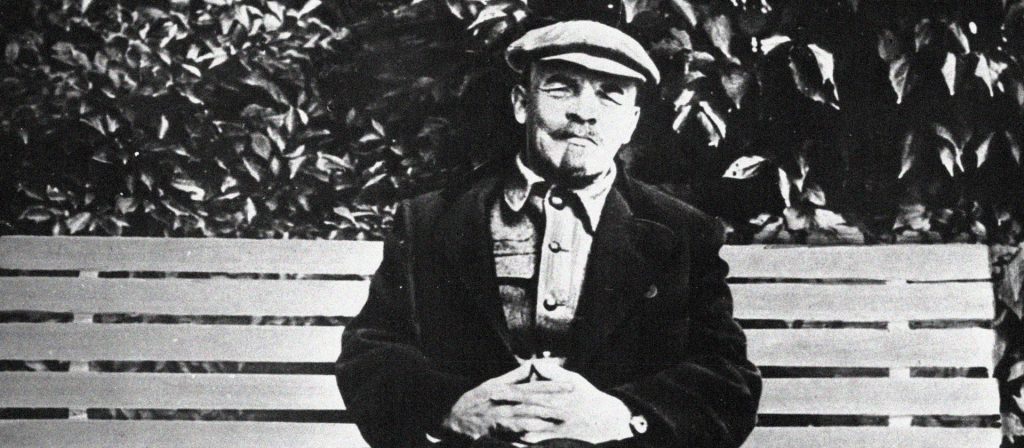
Ballads of Lenin by Langston Hughes, 1933.
Langston Hughes was a poet and social activist of African, European and Native American heritage. A communist who was particularly involved with the struggle of African-Americans, he travelled extensively around the USSR and was involved in film making and Soviet anti-segregation propaganda before travelling to Spain to report on the Civil War.
After various accusations and a testimony in front of the US senates anti-communist Homeland Security Permanent Subcommittee on Investigations he was distanced from the Communist Party USA and the socialist movement as a whole. Although still venerated as a great African-American activist and poet large sections of his work are still shunned due to their intimate attachment to the communist movement.
Poetry Corner: Woman’s Question by Frances Moore
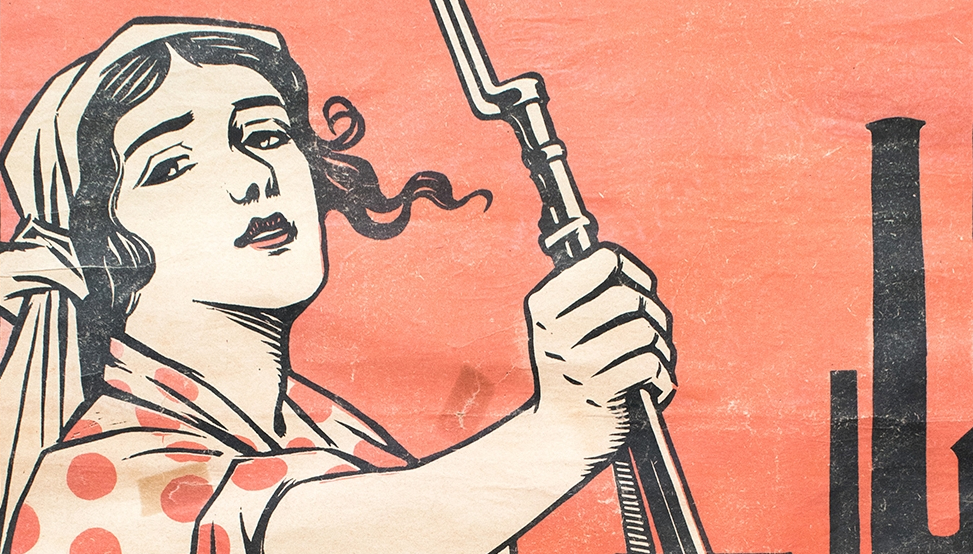
Woman’s Question by Frances Moore
A Sheffield teacher and activist in the National Union of Teachers, Frances Moore (1906 – 1994) was married to Bill Moore, who was a fulltime worker for the Communist Party. Although Frances’ busy life left with little time to write in her younger days, later on she produced a substantial body of poetry, some of which was published. The poem featured here raises clearly the need for women’s equality.
Poetry Corner: [To Margot Heinemann] by John Cornford
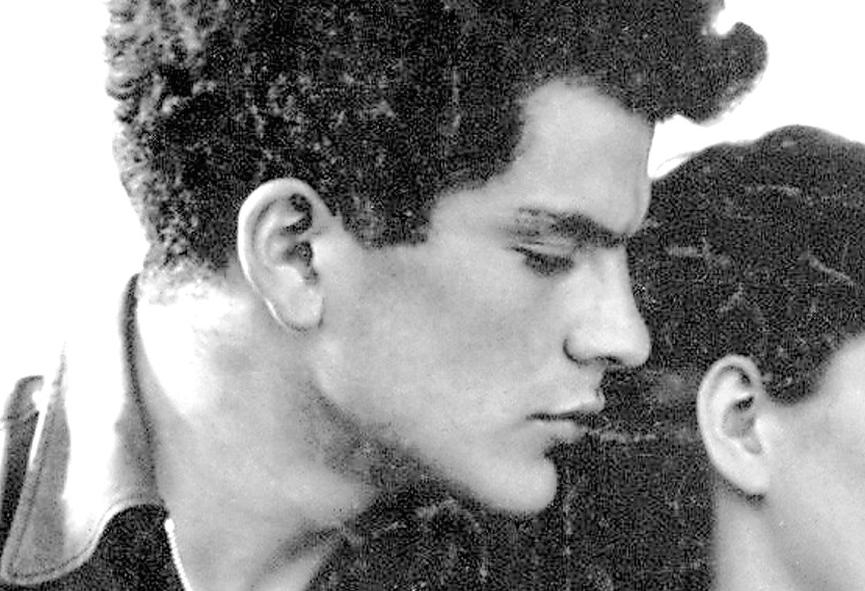
[To Margot Heinemann] by John Cornford
John Cornford from a relatively privileged families and attended Cambridge University. It was at Cambridge that he met and fell in love with Margot Heinemann and where they both joined the Communist Party. John’s mother, Frances Crofts Cornford, was a poet, and he himself was already writing poems at school.
After gaining a BA first-class honours in History, he became the first Englishman to enlist against Franco in the Spanish Civil War and was killed in battle on the Andujar and Cordoba Front on 27 or 28 December 1936.
Cornford wrote just a few poems in Spain, including A Letter from Aragon, Full Moon at Tierz: Before The Storming of Huesca and the poem featured here [To Margot Heinemann].
Poetry Corner: Call to Account! by Vladimir Mayakovsky

Call to Account! by Vladimir Mayakovsky, 1917.
Vladimir Mayakovsky (1893-1930) was a Bolshevik revolutionary and came to be one of the most celebrated communist poets in the Soviet Union and internationally. He was also a talented playwright, artist and actor who used art as a medium to convey the politics and ideals of the new socialist state.
Poetry Corner: All of Us or None by Bertolt Brecht
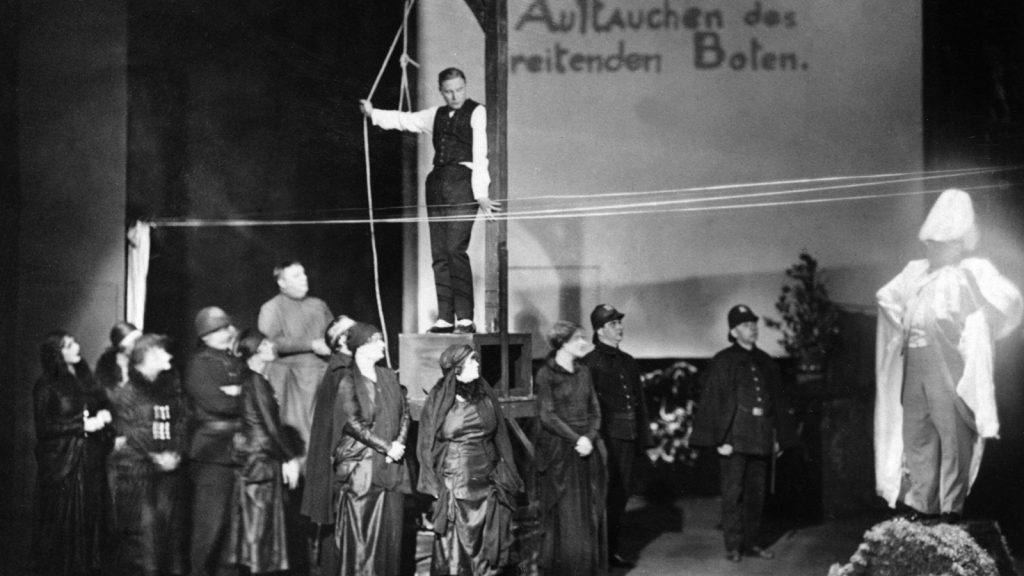
All of Us or None by Bertolt Brecht.
Bertolt Brecht was a German Marxist poet, playwright and theatre director. Brecht lived through a turbulent era. Narrowly avoiding conscription at 16 during World War One, he worked prodigiously through throughout the period of the Weimar Republic. Brecht was forced to flee with the rise of the Nazis in 1933. He left the USA during the McCarthyite “Red Scare” returning to what was then the German Democratic Republic. He died on the 14th of August 1956.
Poetry Corner: My Party is the Party of Aragon by Dorothy Hewett
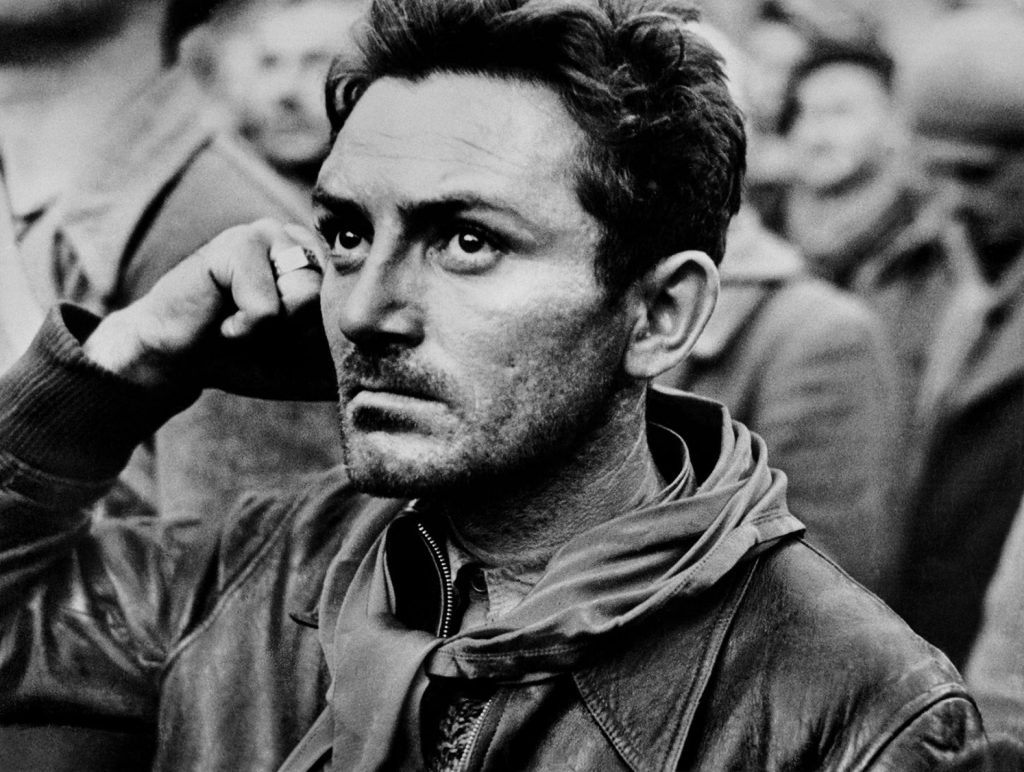
My Party Is The Party Of Aragon by Dorothy Hewett.
Dorothy Hewett was a renowned Australian poet, novelist and playwright, born in the Australian Wheat Belt. She was a member of the Communist Party of Australia for over two decades ultimately resigning over the Soviet intervention in Czechoslovakia in 1968. Her prolific career featured poetry on the lives of working people and the struggle for socialism as well as love and her own experiences.
Here we feature her poem My Party Is The Party Of Aragon, a stunning tribute to working class struggle, art and history on every continent.


